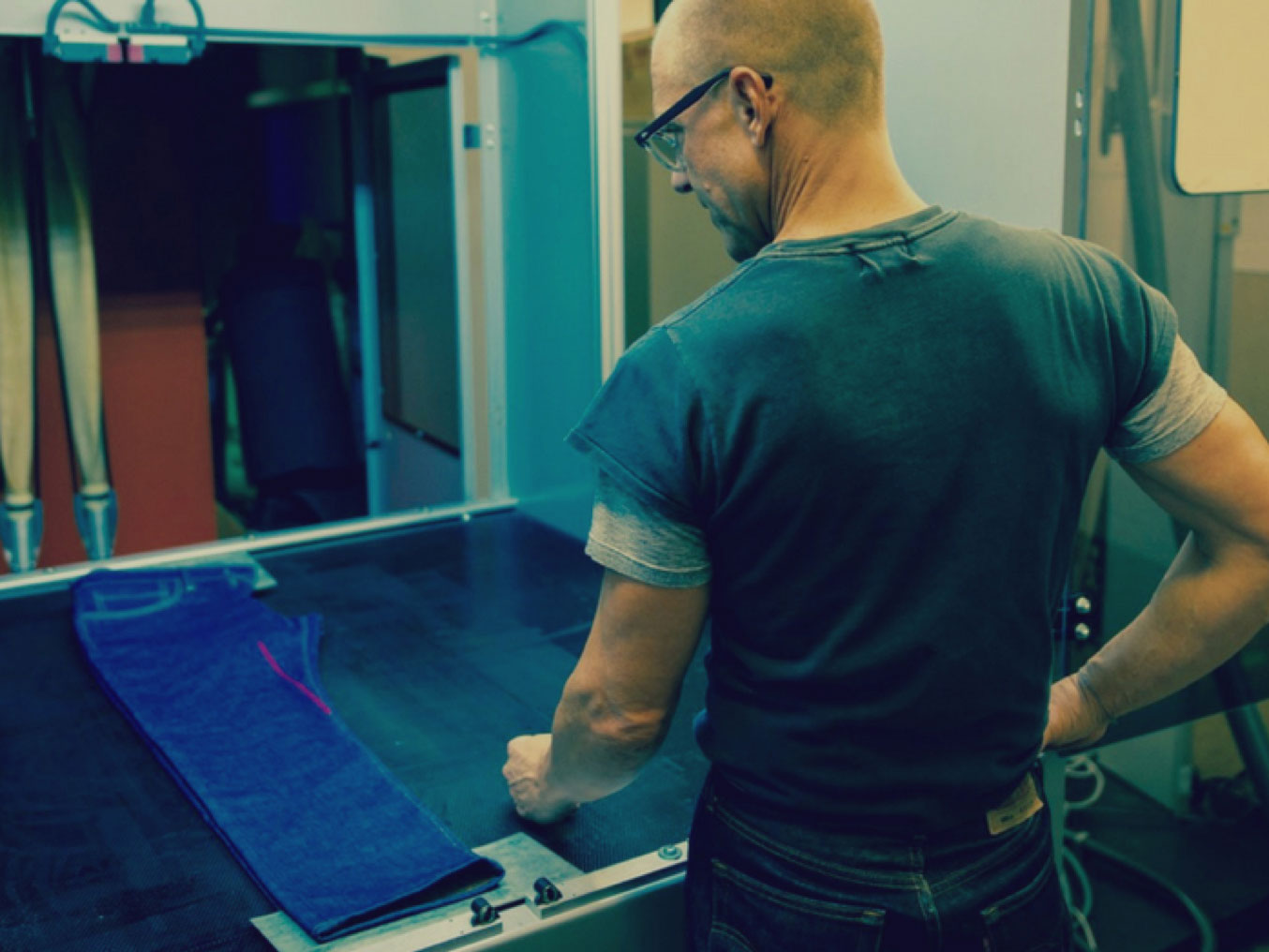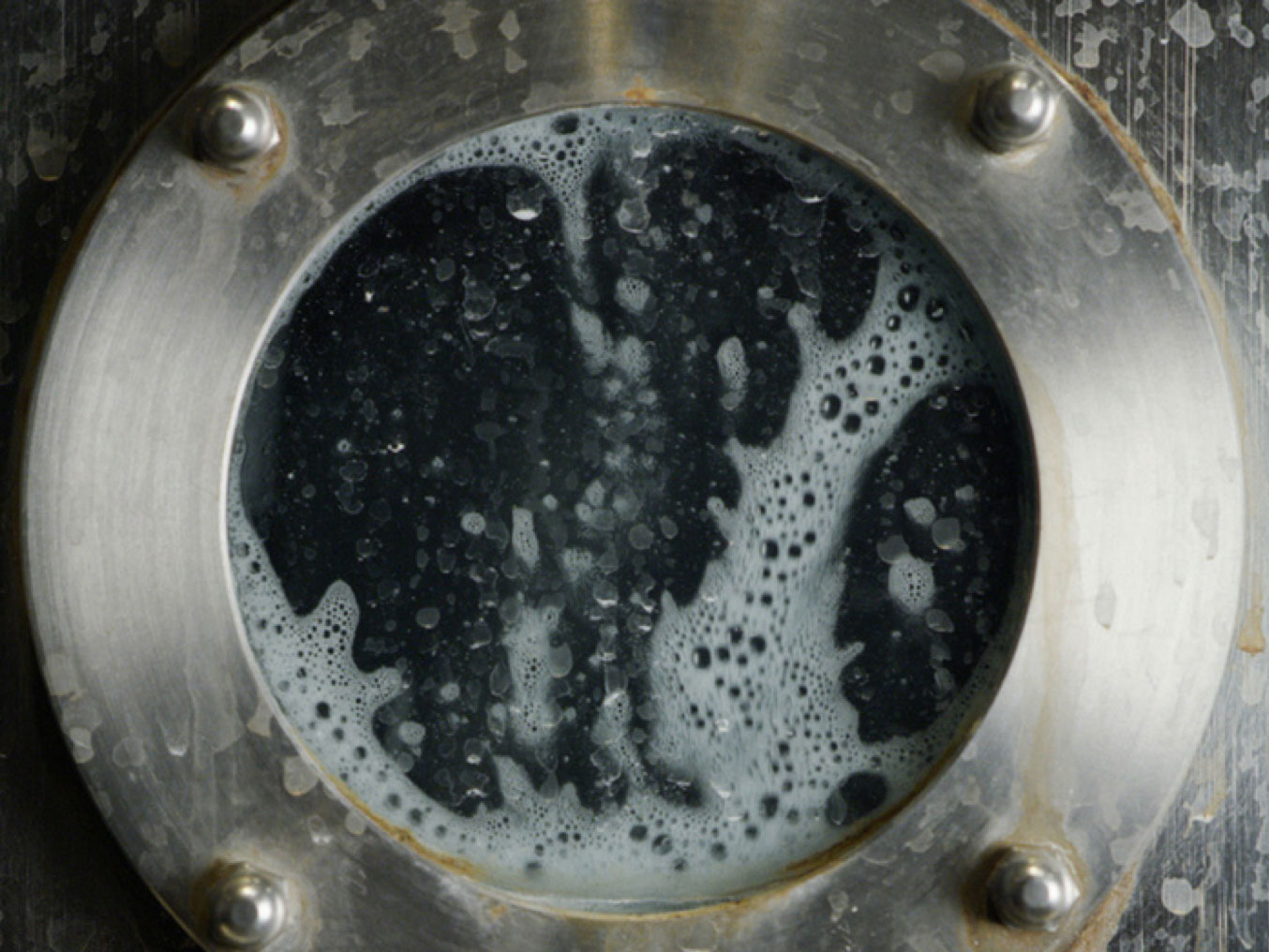




Except where noted, this report covers performance during fiscal year 2020 (November 25, 2019 through November 29, 2020). Where we believed it would be of interest to stakeholders, we have also included more recent updates and key initiatives. Similarly, where fluctuations naturally occur throughout the year, such as with respect to the number of factories participating in certain initiatives or programs, we have reported as of mid-2021. Data presented in this report includes the entities that are consolidated for financial reporting purposes. Data generally covers apparel products and accessories, and where available, reflects the operations of all four Levi Strauss & Co. (LS&Co.) brands: Levi’s®, Dockers®, Signature by Levi Strauss & Co.™ and Denizen®.
In some sections of this report, the focus is squarely on LS&Co. and brand corporate offices, distribution centers, factories and retail stores directly owned and operated by LS&Co. in all geographic clusters. In other sections, we necessarily include data and other information related to our work with suppliers, vendors, contractors, licensees and other partners — those third parties to which LS&Co. has assigned the right to manufacture, distribute or sell branded products. Throughout the report, data inclusions and exclusions are noted along with the corresponding graphs or tables.
Report content was informed by our sustainability materiality assessment completed in early 2021, which identified the topics that are priorities to our stakeholders and to the sustainable growth of our business. It also shares progress on a number of topics determined to be of comparatively lower importance, but still very much relevant. Our materiality matrix shows the prioritization of issues.
Levi Strauss & Co., LS&Co., the company, us, we or our: Unless specified otherwise, these terms refer to our owned legal entities and brands worldwide, including corporate and other business offices, LS&Co.-owned-and-operated retail stores, owned-and-operated Tailor Shops, owned-and-operated distribution centers, owned-and-operated manufacturing facilities, and the Levi’s®, Dockers®, Signature by Levi Strauss & Co.™ and Denizen® brands. Retail stores located in leased spaces, which represent the vast majority of our retail sites, are considered to be “owned and operated” for the purposes of this report since they are operated by LS&Co. employees according to LS&Co. standards. This is also true of our owned-and-operated factories and distribution centers, which include leased spaces.These terms are used for convenience only and are not intended to identify one particular entity or brand.
Levi Strauss Foundation: The Levi Strauss Foundation, an independent legal entity, advances the human rights and well-being of underserved people in places where LS&Co. has a business presence. Over the last five years (2016-2020), contributions from the Company have covered an average of 82% of the Foundation’s program budget.
Red Tab Foundation: The Red Tab Foundation is a public, nonprofit foundation funded by employees, shareholders and retirees that assists LS&Co. employees, retirees and their families when they face problems caused by unexpected financial hardship.
Suppliers or vendors: These are independent third parties with which we have a direct contractual relationship to produce our apparel and accessories. They make up our Tier 1 supply base and include both “cut and sew” suppliers and laundries, more broadly referred to as factories. All our suppliers operate their own businesses and manage their own facilities. They are expected to operate in compliance with our Global Sourcing and Operating Guidelines, Sustainability Guidebook, Restricted Substances List (RSL) and detailed Terms of Engagement. Tier 2 includes those facilities where our Tier 1 suppliers get their fabric, threads, buttons and other materials, commonly referred to as “fabric mills” or simply “mills.”
Owned-and-operated factories: These include LS&Co.’s two factories in Plock, Poland, and Cape Town (Epping), South Africa, where our products are made.
This sustainability report was informed by the Global Reporting Initiative (GRI) Standards (2020) as well as the Sustainability Accounting Standards Board (SASB) Standard (2018) for the Apparel, Accessories & Footwear industry. Progress on relevant metrics from the SASB Multiline and Specialty Retailers Distributors Standard and the SASB E-Commerce Standard is also included.
Download our 2020 GRI, UN Global Compact, UN Sustainable Development Goals Index and 2020 SASB Table. Our climate-based risk assessment process follows the Task Force on Climate-Related Financial Disclosures (TCFD) recommendations. Download our 2020 TCFD Response.
This report also reflects our commitment to the 10 principles of the United Nations Global Compact (UNGC), which addresses human rights, labor, environment, and anti-corruption for business. Likewise, we are a signatory to the UNGC CEO Water Mandate. This report serves as our 2021 Communication on Progress (COP) for both the UNGC and the CEO Water Mandate.
LS&Co. supports the UN Sustainable Development Goals (SDGs), which provide a global framework for advancing sustainability. Throughout this report, we have included relevant SDG icons to indicate the places where our work aligns with specific SDGs.
As part of our ongoing commitment to transparency, we applied a robust data substantiation process to the information provided in this report. This included detailed reviews and verification by members of our Legal and Finance teams of not only the report content, but also the databases, data analysis parameters, spreadsheets, certificates and other sources used in developing the report. This process gives us even greater confidence in our data integrity and we believe it enhances the credibility of our reported performance on key sustainability metrics as well.
Annual sustainability reporting is not the only way we share our sustainability journey. We maintain a suite of sustainability policies, resources and commitments. We are aligned with the Transparency Pledge as part of our commitment to meaningful corporate accountability. In 2005, we were one of the first apparel companies to publish a list of our manufacturing suppliers, representing 100% of our Tier 1 suppliers. In 2018, we also became one of the first apparel companies to publish a list of fabric mills — our Tier 2 suppliers. LS&Co. suppliers can also be viewed through the Open Apparel Registry, the open map of global apparel facilities.
We have shared our climate approach and progress through CDP (formerly the Carbon Disclosure Project) since 2010 — well before our public offering in 2019 — and were for several years one of the only privately held apparel companies to provide a CDP response. In 2020, LS&Co. was one of 313 companies (of more than 9,000 surveyed) and one of only three pure-play apparel companies that made the CDP Climate A List for transparency and management of strategies to combat climate change.
In 2020, we were the second-highest rated apparel company in the Corporate Information Transparency Index (CITI), managed by the Institute of Public and Environmental Affairs, a leading environmental NGO in China. The CITI ranks brands’ management of the environmental impact of their supply chains in China. We also participate in IPE’s Green Supply Chain Map, a leadership initiative showcasing supply chain transparency and environmental management. The map directly links LS&Co. supplier factories in China with relevant environmental data.